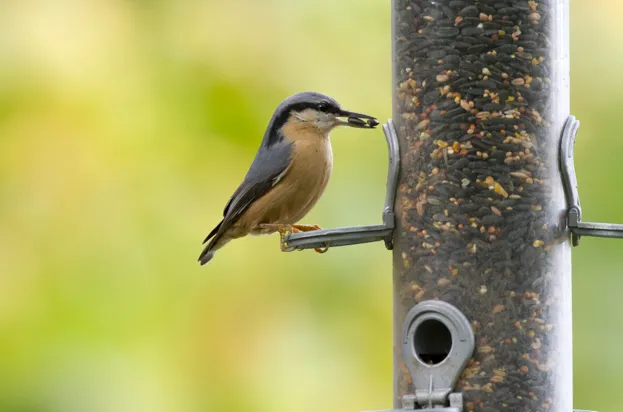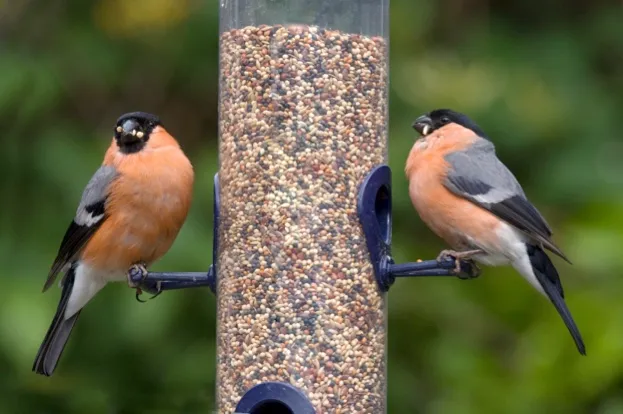Research analysing 25 years of data has found that although there are many benefits to providing food sources for wild birds, garden feeding can promote the transmission of some diseases.
Observations from the public via citizen science projects contributed to the study on wild bird health threats, which focuses on finch trichomonosis, Paridae pox and passerine salmonellosis.
"Our study shows how three of the most common diseases that affect British garden birds have changed both dramatically and unpredictably over the past decade, both in terms of the species they affect and their patterns of occurrence," says Dr Becki Lawson, lead author of the study and a researcher at Zoological Society of London (ZSL).

Garden feeding encourages birds to congregate at the same location, where they come into contact with other species they may not otherwise interact with.
In addition, the risks of disease transmission increase if feeding stations become unhygienic when stale food, food waste and droppings accumulate.
"We're calling on everyone who feeds wild birds to be aware of their responsibilities for preventing disease," says Kate Risely from the BTO.
"Simple steps we'd recommend include offering a variety of food from accredited sources; feeding in moderation, so that feeders are typically emptied every 1-2 days; the regular cleaning of bird feeders; and rotation of feeding sites to avoid accumulation of waste food or bird droppings."

Main image: Greenfinches can suffer from trichomonosis. © Jill Pakenham/BTO
